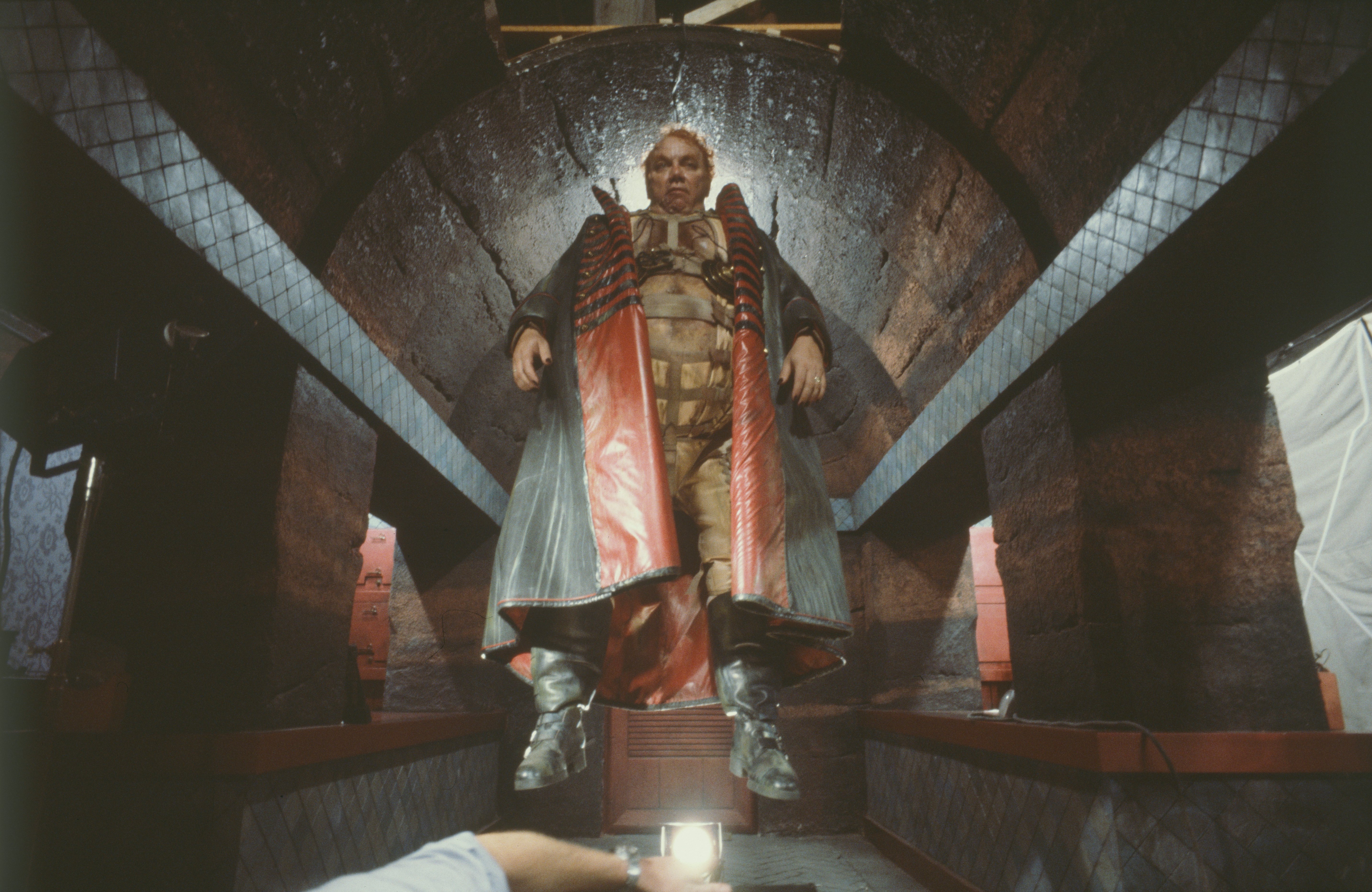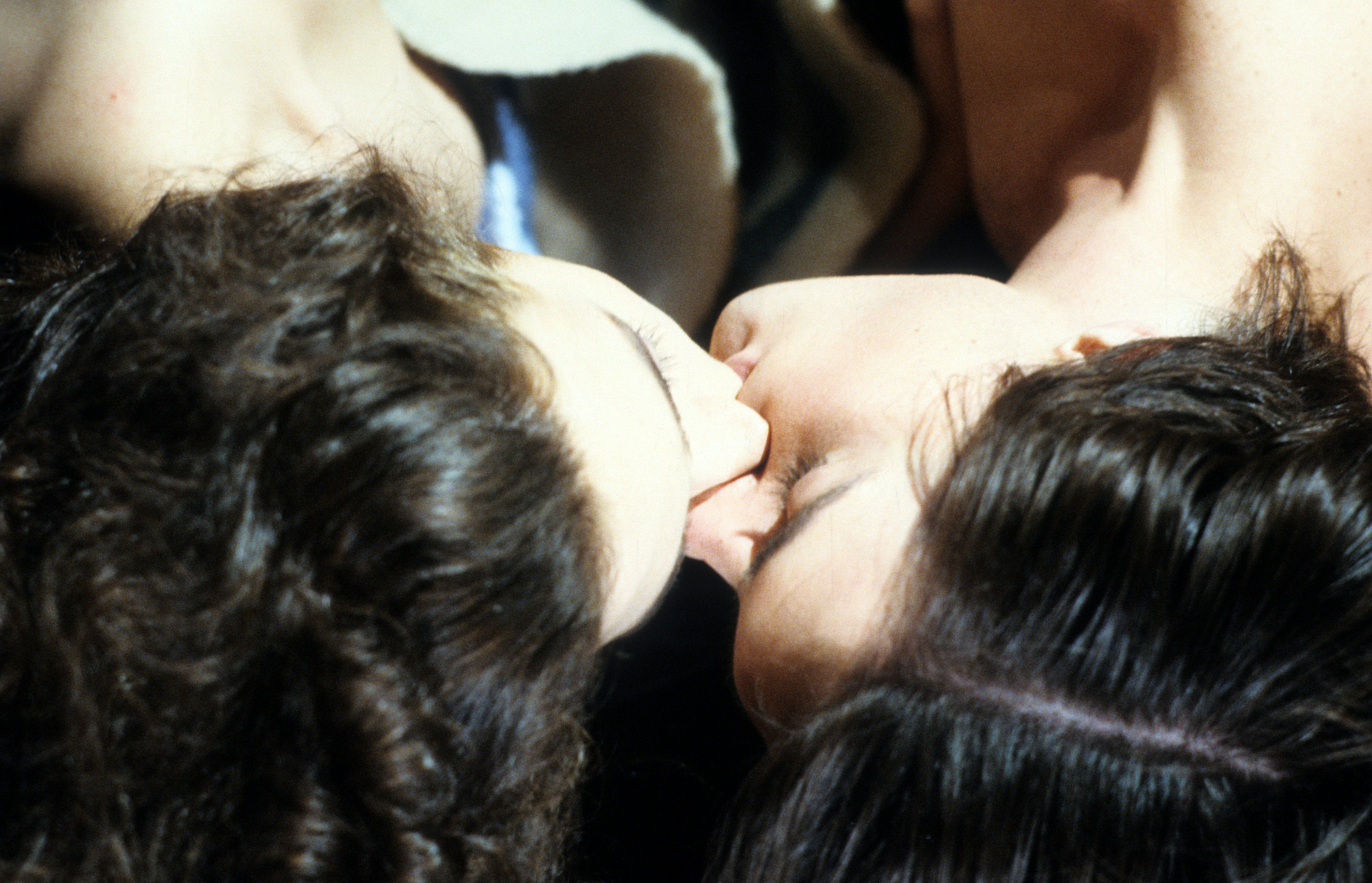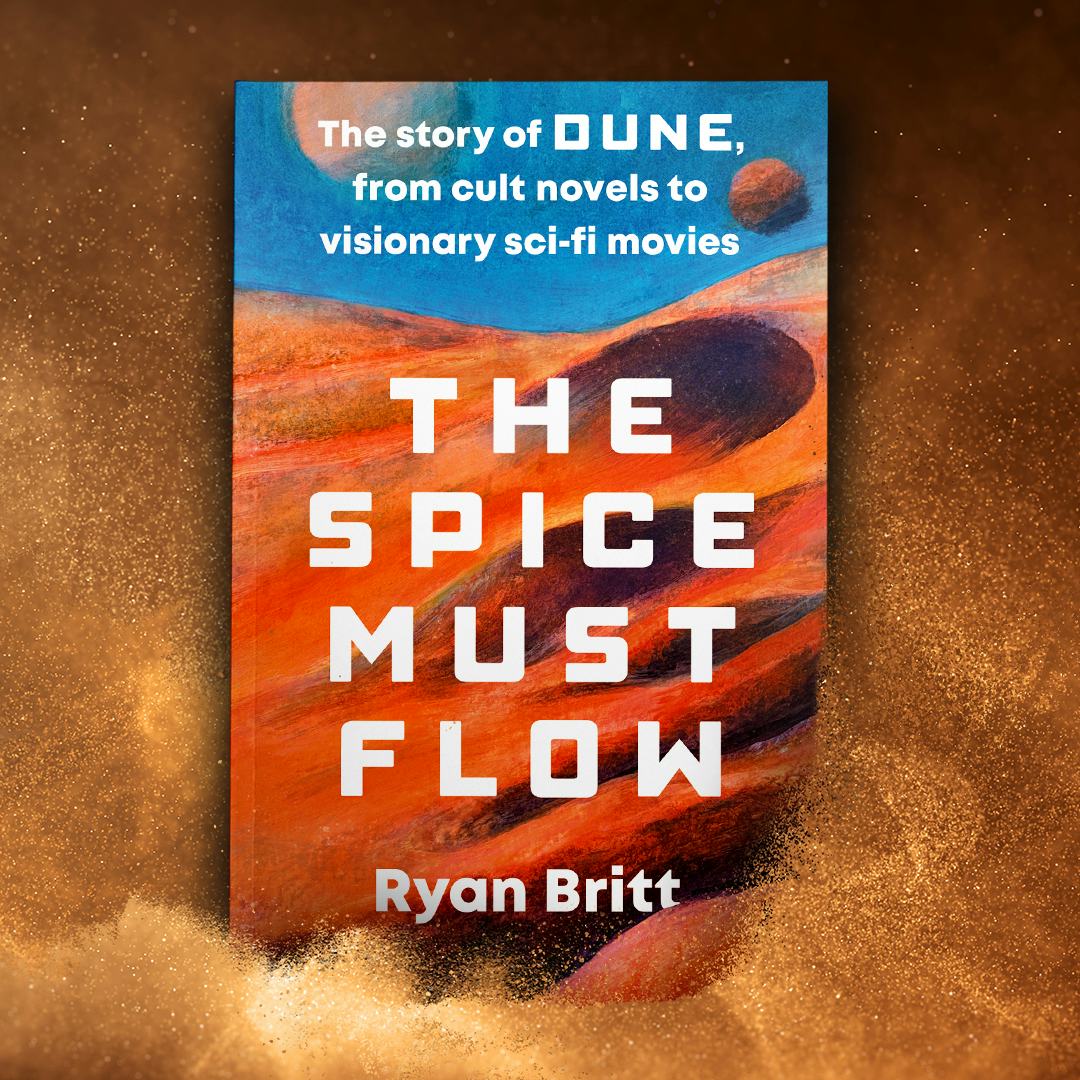
In science fiction cinema, what was considered a disaster 40 years ago is often reclaimed as a classic. Call it Blade Runner-ism, a film that was largely ignored by the public in 1982, but achieves near untouchable cinematic praise today. Two years later, David Lynch’s Dune would also bomb at the box office, but unlike Blade Runner, the 1984 Dune hasn’t quite rebounded in the cultural consciousness. Outside of any nuanced discussion, Dune (1984) is often considered an artistic failure even within the circles of people who love it. But, the thing is, if you haven’t seen it, you have to see it. The cult film, based on Frank Herbert’s first Dune novel, just hit Netflix. Here’s why it’s a great time to watch it for the first time, or, with fresh eyes.
There’s a lot to say about the tortured making-of and mixed reception of Lynch’s Dune. In September 2023, there’s an oral history of the making of the movie called A Masterpiece in Disarray by Max Evry. Meanwhile, the same month, in my new book, The Spice Must Flow (which covers the entire history of the Dune franchise), I spend about 8,000 words on this film, but, end up referencing it in nearly every single chapter. There are two points here: You can get into the weeds very easily about the ins and outs of how this movie was made, but its influence is much bigger than it might seem.
Setting aside everything you’ve heard about the 1984 Dune, the greatest achievement (as Harlan Ellison pointed out) is that it was made at all. Covering the events of Herbert’s first Dune book, this Dune is specifically unfaithful to the novel in the sense that everything seems truncated. Book purists will never be happy with the exact ending of the film, or the way the Bene Gesserit powers and Guild Navigator powers are altered. (The spice doesn’t help you fold space, it helps you navigate! The Bene Gesserit aren’t truly telepathic!) But, in the context of 1984, these are minor quibbles. And, back then, it’s not like faithful science fiction adaptations were common, or, interestingly, even desirable.
Saying Dune was bad in 1984 because it was either too dense or not enough like the book, isn’t a great criterion, because there are so many other examples of great sci-fi/fantasy adaptations that work in spite of (or because of?) these kinds of so-called flaws. Game of Thrones is pretty dense, and people love that. Meanwhile, again, Blade Runner is a rowdy departure from Philip K. Dick’s novel, Do Androids Dream of Electric Sheep? and that’s probably why it’s good. Plus, it bears mentioning here that the actual events of the film, in the broad strokes, do unfold pretty much the way Herbert wrote it. And, leading up to the film’s release, Herbert’s praise of Lynch was effusive, calling it a “visual feast” and saying that Lynch captured many of his scenes perfectly, with “some of them [scenes] ... better” than in his novel.

Okay, so, perhaps you’re now convinced that it’s not cool to hate on the Dune 1984 from a Frank Herbert-purist point of view. Perhaps you’re also now convinced that this was a noble attempt with all the best intentions. This still might not convince you to fire it up on Netflix. You’ve heard (or remember) that aspects of the film are rough and haven’t aged well. Here’s the thing: You’re right. This Dune is rough, and some of it really doesn’t work. It’s tonally incongruous at times, and yes, you sometimes do feel the movie rushing through the plot points, which is weird because, at other times, the movie feels slow.
But the reason why Dune is so great to watch now (and rewatch!) is that it was quite literally ahead of its time. In 1984, there was no mainstream template for how complicated and morally nuanced sci-fi epics could be marketed to the general public. Today, we take for granted that something like Foundation can hit Apple TV+, and present several competing points of view as to who is the “good guy” in a big space epic. Never mind the political shades of grey in Game of Thrones, or that even mainstream franchises like Star Trek and Star Wars can get away with storylines that comment upon our preconceived notions of good and evil. But, in 1984, for a mainstream sci-fi studio movie, this kind of philosophical intelligence was borderline unthinkable.
Had David Lynch made the 1984 Dune right now, as a streaming miniseries, with the same cast, it would be huge. Granted, Kyle MacLachlan is too old to play young Paul Atreides now, but his take on the character is so perfect and affecting, that we should all be praying for him to have some kind of cameo in the new Villeneuve films. And, today, you can still kinda imagine contemporary Patrick Stewart as Warmaster Gurney Halleck. (In fact, in Picard Season 3, Patrick Stewart is probably his most Gurney-ish since 1984!) The point is, now, a mainstream market and a shared nomenclature exist for a movie like the 1984 Dune, and 39 years ago, that wasn’t the case. And this is why you need to watch Dune ‘84: It invented the contemporary ponderous epic sci-fi movie. It was the anti-Star Wars, and cinematically, it was the first to do so with artistic integrity.
Today, the idea that where David Lynch failed in 1984 is where Denis Villeneuve is succeeding now is a false dichotomy. The new Dunes are truly great, but in 1984, Lynch’s Dune was playing a very different game. It was the kind of sci-fi movie that nobody had made before. And, in many ways, despite two Dune adaptations that followed, it’s the kind of sci-fi movie that nobody has made since.
Dune (1984) is streaming on Netflix.








